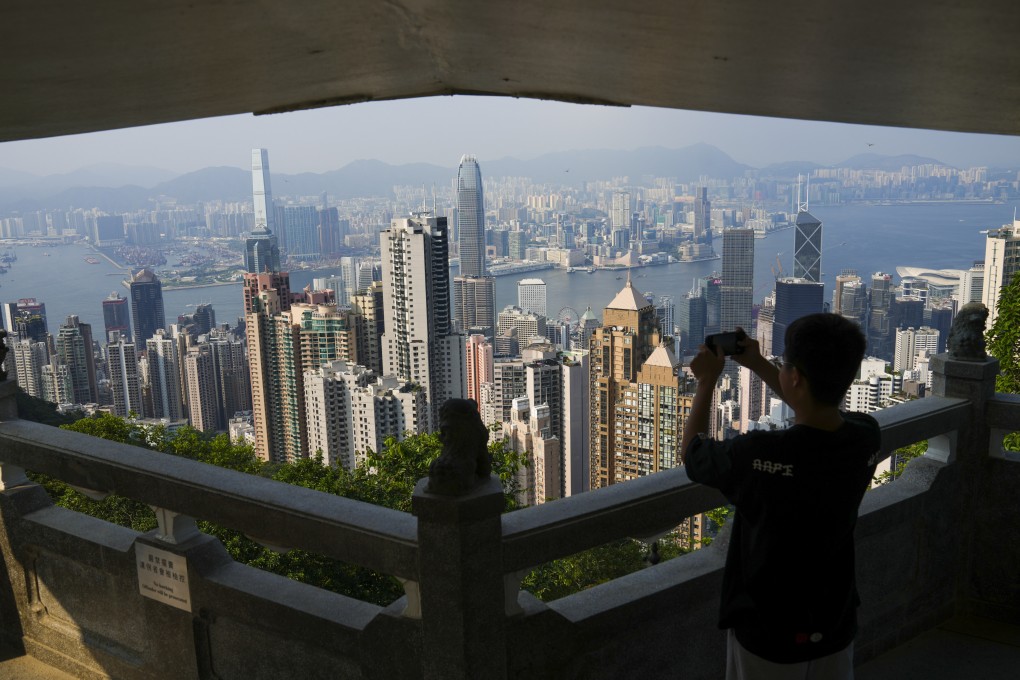Letters | Despite quarantine rules, Hong Kong still delights and surprises visitors
- Readers discuss Hong Kong’s enduring international appeal, initiatives to protect animal welfare, pollution at Repulse Bay, treatment of ethnic minority groups, revisions to Hong Kong’s historical status, and the pope’s apology to indigenous Canadians

All that’s true, I told him. But there’s a simpler reason for loving Hong Kong. It’s the excitement of the place.
Hong Kong’s open-armed hospitality has brought foreigners here from all around the world, creating a cosmopolitan environment that is unequalled in any other small city.
Hong Kong, the unique East-West city, celebrates the magnificent achievements of Chinese culture and history, but also has its splendid philharmonic, Art Basel, with its spotlight on international art, and M+, a global museum of contemporary visual culture.
There’s as much intellectual and cultural ferment here as in any city we’ve lived. And we’re right next door to Shenzhen – another of the world’s most exciting cities – and the surging economy of the Greater Bay Area.
Moreover, there’s something fascinating that’s being missed in all the negative buzz about Covid-19. Hong Kong is marrying its expertise in finance and business to the technologies of the future.